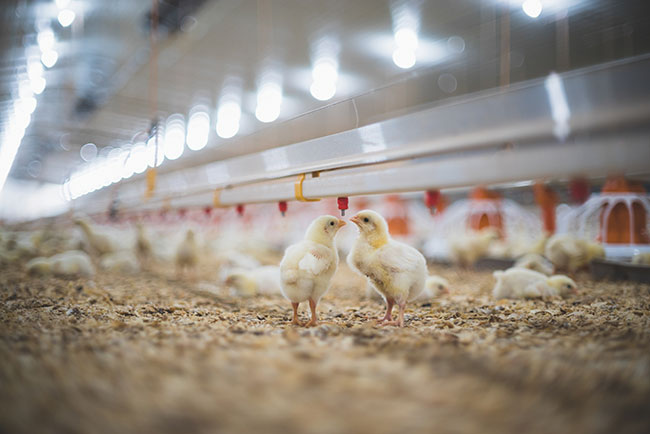
From the Editor: Canadian agriculture needs a water plan
Brett Ruffell
Features Emerging TrendsNew report calls for comprehensive national plan to safeguard water in agri-food sector.

The future of water used by Canada’s agriculture industry requires nationwide attention, a think tank says. The Canadian Agri-Food Policy Institute (CAPI) is urging governments to develop a comprehensive national plan to sustainably manage and utilize water for the agri-food sector.
In its recently released report, titled A National Agri-Food Water Action Plan, the institute emphasizes the need for ambitious commitments from governments and partnerships with stakeholders to prioritize this critical natural resource.
Tyler McCann, the managing director of CAPI and co-author of the report, highlights the strategic importance of water for Canada.
He also emphasizes the need to understand its value and leverage it while also conserving and managing it effectively. “With increasing pressures in Canada and around the world, we can no longer take water for granted,” he says.
The report, which is available for download at capi-icpa.ca, identifies water as the key agricultural issue of the century, and underscores the urgency of adapting a plan to produce more food sustainably while adapting to change.
“Amid current climate and geopolitical change, water quality and quantity will redefine production and trade of agri-food products – it’s the challenge of the 21st century,” says CAPI’s Nicolas Mesly, who also co-wrote the report.
The institute calls for immediate action to establish a foundation for effective water management, including uniformity in data collection, investment in research, and the formation of an expert panel. Furthermore, the report recommends using watersheds as the basis for research and innovation.
The institute calls for this because the current fragmented and siloed model for water management in Canada lacks standardized and complete data collection and reporting. It is crucial to address these issues and ensure standardized data collection and reporting.
The document emphasizes the need for a regular assessment of the state of water resources in the agri-food sector. It suggests the importance of providing a comprehensive overview of water usage in agriculture and food production across the country, as well as the measures taken to protect and manage this vital resource. Additionally, the report highlights the significance of understanding the investments made in water-related initiatives.
Water plays a critical role in food production in Canada, and the country has been grappling with consecutive droughts, posing challenges for farmers. The report emphasizes the increasing occurrence of extreme weather events, including droughts, heavy rains, and floods, and underscores the importance of flexible infrastructure to effectively manage water supply.
At Canadian Poultry, we understand how important water is to the industry. That’s why we’ve once again put together our annual water issue.
The pages ahead are dedicated to helping producers better mange this vital resource. For example, in our cover story on page 10, three people who go the extra mile with water management share what’s worked well for their poultry operations.
In addition, on page 18 read about an exciting new made-in-Canada app that helps poultry producers manage the water on their barns more effectively.
The issue also includes two insightful columns on water management. In her brooding column on page 8, Dr. Gigi Lin shares an interesting case report about a flock of chicks that suffered from dehydration due to an issue with the waterlines.
Complimenting this column, on page 24, water expert Mary Foy provides a helpful primer on cleaning your waterlines.
Enjoy the issue! And if you know of anyone else doing something outstanding with their water, I’d love to hear about it. Email me at bruffell@annexbusinessmedia.com.
Print this page